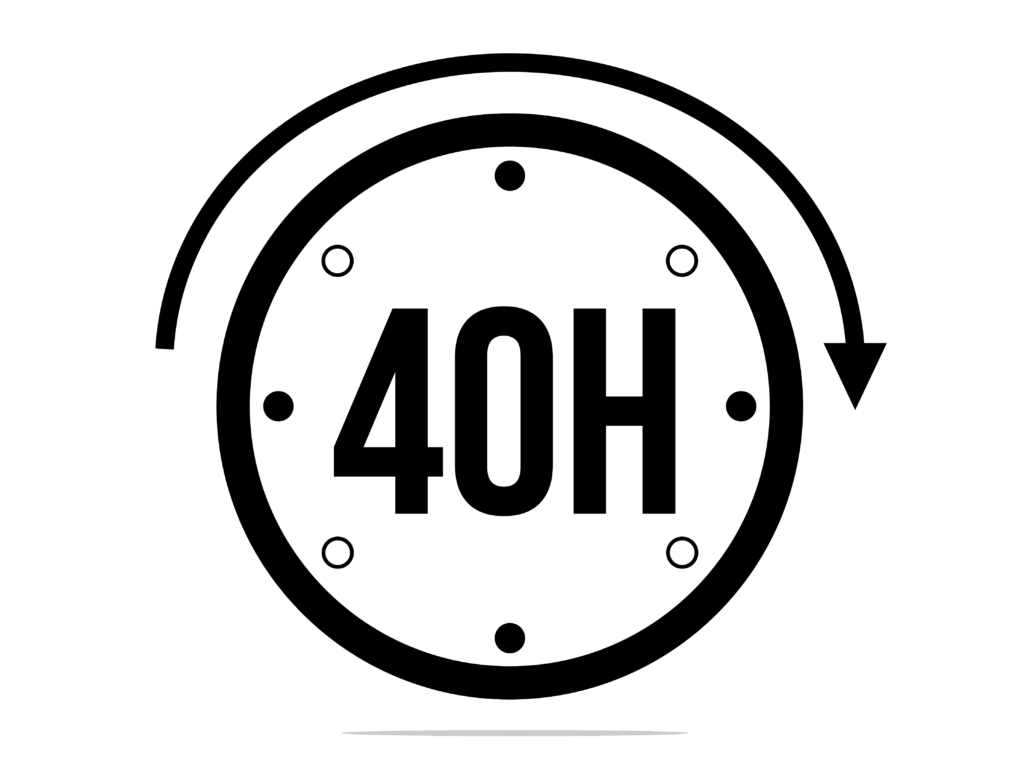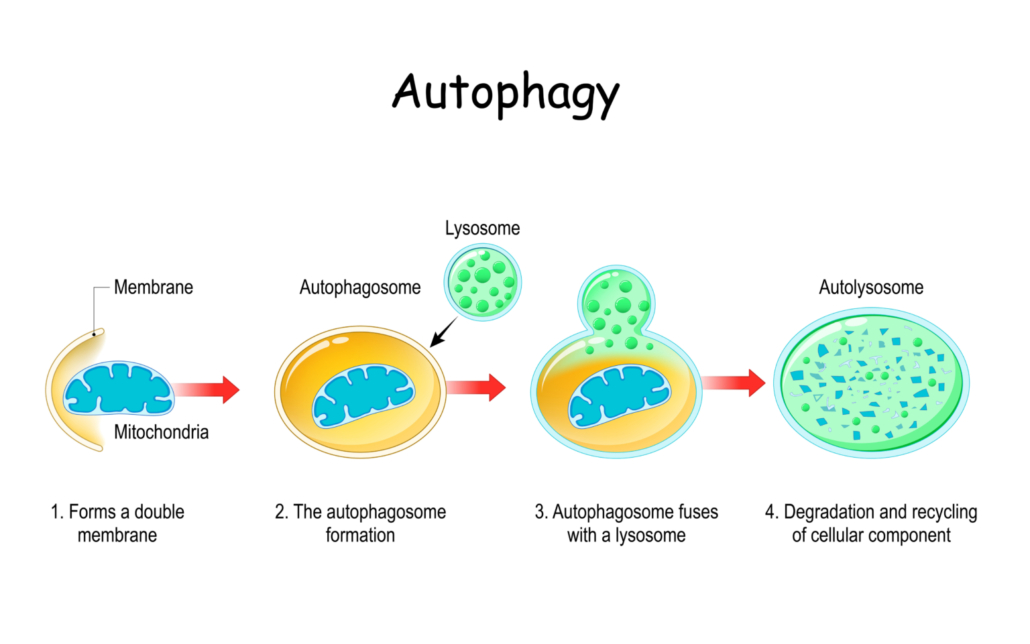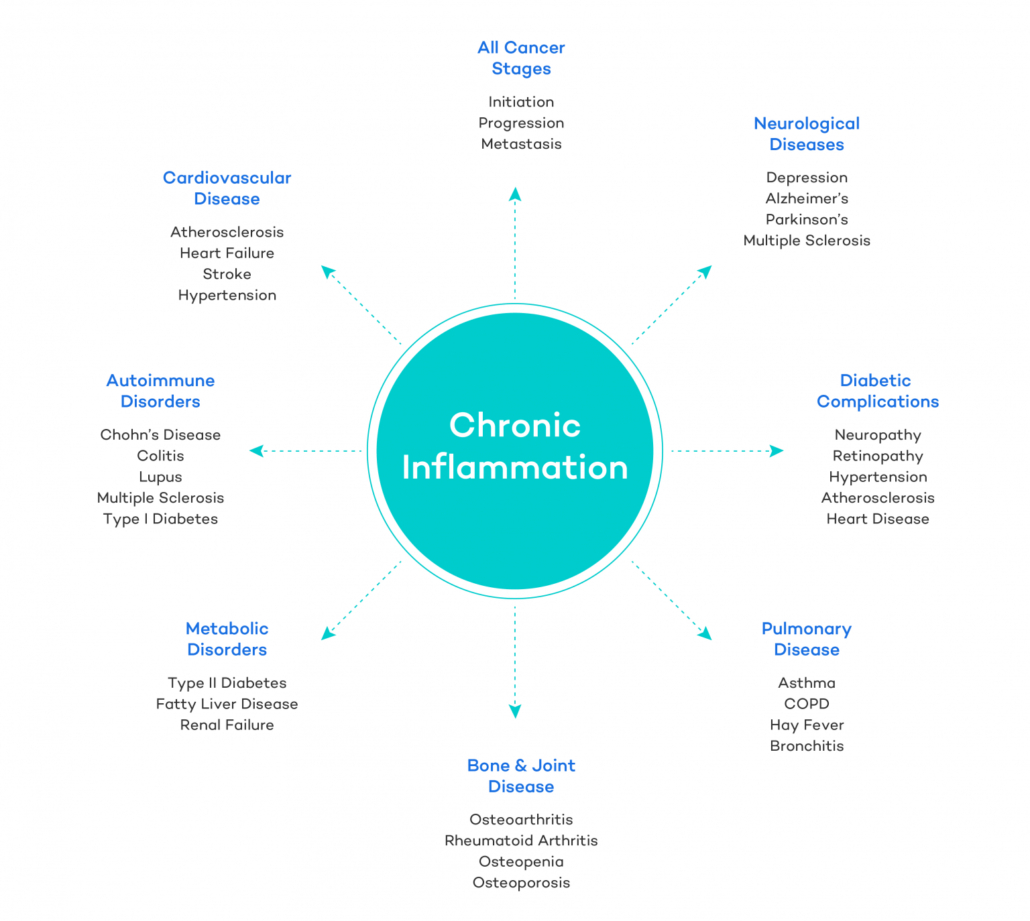We include products in articles we think are useful for our readers. If you buy products or services through links on our website, we may earn a small commission.
The 40 Hour Fast: How to & Benefits

A fasting method that is gaining attention is the 40-hour fast, also known as a “prolonged” fast. This type of fast involves abstaining from all food for 40 hours straight, with only water and possibly some electrolytes. Though recently popular, there’s nothing new about fasting.
In pre-agricultural communities, humans evolved to endure regular periods of food scarcity. In more recent history, the practice of fasting has been used as a religious and medical practice for thousands of years.
Fasting has numerous studied benefits, including:
- Increased insulin sensitivity
- Cellular repair & renewal
- Weight loss
- Prevention of chronic disease
- Improved cognition
- Reduced inflammation
In this article, we’ll examine the 40-hour fast, including proper preparation, health benefits, and possible side effects to look out for.
Table of Contents
What is the 40-Hour Fast
The 40-hour fast is a temporary food restriction diet where you abstain from food and caloric beverages over a 40-hour period of time.
The 40-hour fast is a type of intermittent fasting, an eating plan that alternates between eating and fasting over a specific time.
You may be more familiar with shorter fasting periods, such as the 16-hour fast or 24-hour fast, both of which have specific use cases and health benefits.
The 40-hour fast is the longest duration commonly practiced with intermittent fasting.
How to Do a 40-Hour Fast?
The standard approach to the 40-hour fast is to begin at sundown on day one and break the fast at sundown on day 3.
Linking your fasting period with circadian rhythms takes advantage of intrinsic metabolic processes in your body by
Your circadian rhythm is your body’s 24-hour internal clock that regulates several bodily functions, including metabolism, sleep, and digestion.
Syncing your fast with your circadian rhythm can help boost your metabolism, improve the quality of your sleep, and increase immunity.
It is typical to incorporate a 40-hour fast once or twice per month. However, a prolonged fast like this may not be right for everybody. It’s best to try a shorter fast like circadian rhythm fasting or 16:8 to observe how your body responds to calorie restriction.
How to Prep for the 40-Hour Fast
Fasting is all about time-based calorie restriction. But to optimize your metabolic health, it’s just as important to nourish your body with nutrient-dense whole foods, before and after a fast.
On non-fasting days, the foods you eat during intermittent fasting are crucial for tapping the benefits of cellular health and improved immune function.
The best foods for fasting include high-fat, high-protein, nutrient-rich animal products like
- Steak
- lamb,
- Eggs
- fatty fish
- full-fat dairy
What Can I Drink on a 40-Hour Fast?
Zero-calorie fluids are 100% acceptable on the 40-hour fast. In addition to water, this includes black coffee and tea, both of which can help reduce cravings.
To be clear, black coffee does not break a fast. But it’s wise to choose certified toxin-free coffee since many coffees (and coffee makers) are contaminated with toxic molds called mycotoxins.
On longer fasts like the 40-hour fast, dehydration can become an issue. Your body will likely begin flushing fluids as it unlocks glycogen (a type of carbohydrate) stored in your muscles.
This makes drinking plenty of fluids (with electrolytes) essential to preventing dehydration and other unwanted symptoms. Simply adding a pinch of sea salt to a glass of water in the morning can do wonders.
What Happens to Your Body on a 40-Hour Fast?
During a calorie-restricted fast, the key thing to understand is the metabolic flip that occurs in the body. This means that instead of metabolizing energy from the food you’re eating, your body begins to break down stored fatty acids into powerful energy molecules called ketones.
In this altered metabolic state, ketones are the new fuel source for muscle and brain cell function.
Studies show that ketones preserve muscle mass and improve body composition for overweight individuals.
Health Benefits of a 40-Hour Fast
When you follow a calorie-restricted diet, you trigger various regenerative processes in the body. These processes have the power to increase longevity, improve immunity and prevent chronic disease.
Below we’ll explore the most significant body processes activated by a 40-hour fast and why they matter.
Cellular Repair and Renewal
Fasting supports autophagy, from the Greek meaning “self-devouring.” Autophagy is a cellular process of breaking down and destroying damaged or abnormal cells and recycling them into new cell parts and fresh cell growth.
Additionally, autophagy removes infectious and toxic bacteria and viruses.

Key benefits of autophagy include:
- Reduced inflammation
- Longevity and anti-aging effects
- Cancer prevention
- Improved cardiovascular health
- Protection against neurodegenerative diseases
Improved Insulin Sensitivity
Insulin, a hormone produced in the pancreas, regulates the amount of glucose in your bloodstream. Glucose in the bloodstream quickly becomes toxic.
Glycogen, the storage form of glucose, gets depleted when your body is fasting, and insulin levels are reduced. This is an extremely good thing because chronically elevated insulin levels are associated with
- heart disease
- type 2 diabetes
- PCOS
- impaired cognitive function, and memory loss.
Research suggests that fasting is effective at improving insulin resistance. Fasting can even be used as a treatment for numerous chronic diseases associated with insulin resistance.
Improving insulin sensitivity, or the body’s ability to transport blood sugar effectively, is associated with many benefits, including:
- Improved cognition and neurological protection
- Reduced water retention
- Improvement of diabetic symptoms
- Lower risk of heart disease
- Clearer skin
- Resolution of PCOS
Improved Cognition

Fasting optimizes neuron plasticity and resilience during this altered metabolic state and may prevent neurodegenerative diseases.
Studies suggest fasting improves cognition, reduces brain damage, and even enhances recovery after a stroke.
Reduced Inflammation

Fasting reduces oxidative stress in the body, which can benefit chronic inflammatory conditions
In the United States, 60% of the population has at least one chronic inflammatory condition. These include heart disease, stroke, respiratory diseases, cancer, obesity, and diabetes.
A 40-hour fast can aid in preventing inflammatory diseases by:
- Stimulating intestinal stem cells that heal intestinal permeability
- Stimulating autophagy
- Reducing circulating monocytes (inflammatory white blood cells)
Studies demonstrate that the anti-inflammatory effects of fasting make it an effective therapy for multiple sclerosis, rheumatoid arthritis, and other inflammatory disorders.
Weight loss
Fasting has been shown to increase metabolic rate by 3.6-14%, meaning you burn an additional 100-275 calories per day.
When you fast, not only are you reducing calorie intake significantly, you’re increasing the breakdown of stored body fat (triglycerides) as energy, or fatty acid oxidation. Insulin drops and norephedrine rises during this process of fat oxidation.
As mentioned earlier, this crucial metabolic flip can work wonders to shed those extra pounds, especially belly fat.
It’s been shown that intermittent fasting can help you shed up to 9.9% of body weight.
Part of this metabolic shift is an increase in metabolic rate (how quickly your body burns calories), by up to 14% in some studies. This is significant because while fasted your body is burning calories even while you’re at rest.
Possible Side Effects of the 40-Hour Fast
While the 40-hour fast is safe and effective when done well, there are some side effects to look out for, including:
- Hunger pains
- Fatigue
- Dizziness
- Nausea
- Dehydration
Keep in mind that certain populations with the following lifestyle and medical conditions should avoid a 40-hour fast, including:
- Women who are pregnant, breast-feeding, or attempting to conceive
- Hard training athletes
- People with type 1 diabetes
- People with low blood pressure
- People with a history of eating disorders
If you take any medications, including anti-inflammatories, insulin, blood pressure, or blood thinners, it’s wise to check with your doctor about how they might interact on a prolonged fast.
After the 40-Hour Fast: What Foods Should I Eat?

After completing the 40-hour fast, gradually reintroduce foods so as not to overstimulate the digestive system. Think of the nourishing foods that we gravitate towards when we’re under the weather.
Here’s a list of nutrient-dense foods that will support new cell growth and promote ketosis and stem cell health:
- Bone broth
- Full-fat cheese
- Fatty meats
- Organ meats
- Low-carb vegetables and fruits
40-Hour Fast: The Takeaway
The 40-hour fast has the potential to support the healing of numerous metabolically rooted disorders and will promote cellular regeneration. The 40-hour fast is linked to health benefits like reduced inflammation, weight loss, cellular renewal, and disease prevention.
It’s wise to build up to this type of fast by trying out shorter fasts and seeing how your body responds. However, a prolonged fast could become an integral part of your wellness routine, with the potential to even reverse chronic disorders while increasing longevity.
















